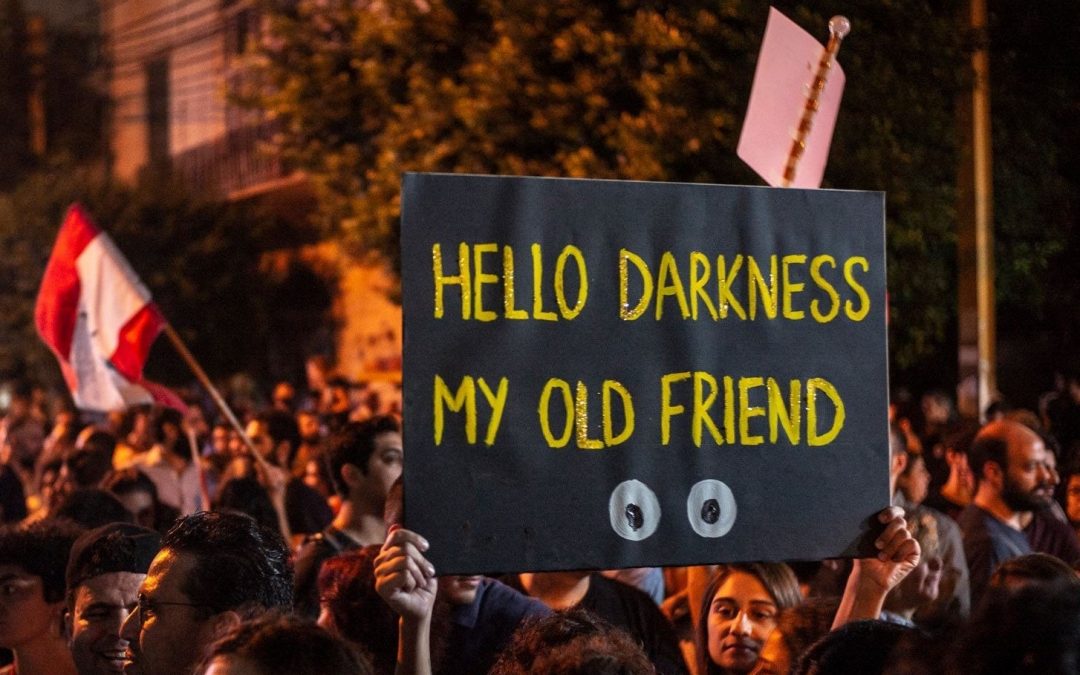
Access to electricity worldwide
How many hours do you have access to electricity? At what time are the generators turned off in your region? How much was your electricity bill last month?
These questions might sound unfamiliar for citizens in many countries. However, they became part of any discussion in Lebanon reflecting the limited access to power for the majority of the population.
Which areas suffer from this same problem?
Most of the countries having energy shortage are located in Sub-Saharan Africa. For example, in South Sudan, Burundi and Chad, less than 10% of the entire population have access to electricity

Comparing the distribution of the average access to electricity between rural and urban areas, it can be observed that urban areas have more power access. Subsequently, countries having energy deficiency should consider using international funds for the installation of power distribution systems in rural areas.
What about Lebanon?
Although this country has a very remarkable amount of water resources, its hydraulic energy production is insignificant compared to its thermal energy production. Correspondingly, decisions should be taken to make use of our rich water assets.
The map shown below represents the distribution of the power stations in Lebanon.

Source: https://www.sciencedirect.com/science/article/abs/pii/S1364032112006259
Lebanon doesn’t have enough power stations which affects the power distribution among the areas and causes loss of energy in the transmission lines. Accordingly, the government should consider creating more thermal and hydraulic energy auxiliary stations to secure an even electricity distribution among all areas.
To increase electricity access, it’s recommended that the governments of developing countries take action by using wisely the international funds for the installation of power generation plants and transmission networks to cover all population needs (in all areas), taking into consideration economical and social conditions. Transparency in government should be followed by spreading public awareness to find and support policies that manage assets like coal, oil and gas as a source of energy and income. Moreover, the use of renewable sources including hydroelectric energy is an important step to generate electricity in both rural and urban areas.
Resources:
World bank data : https://datacatalog.worldbank.org/home
Open data Lebanon: https://www.opendatalebanon.org/